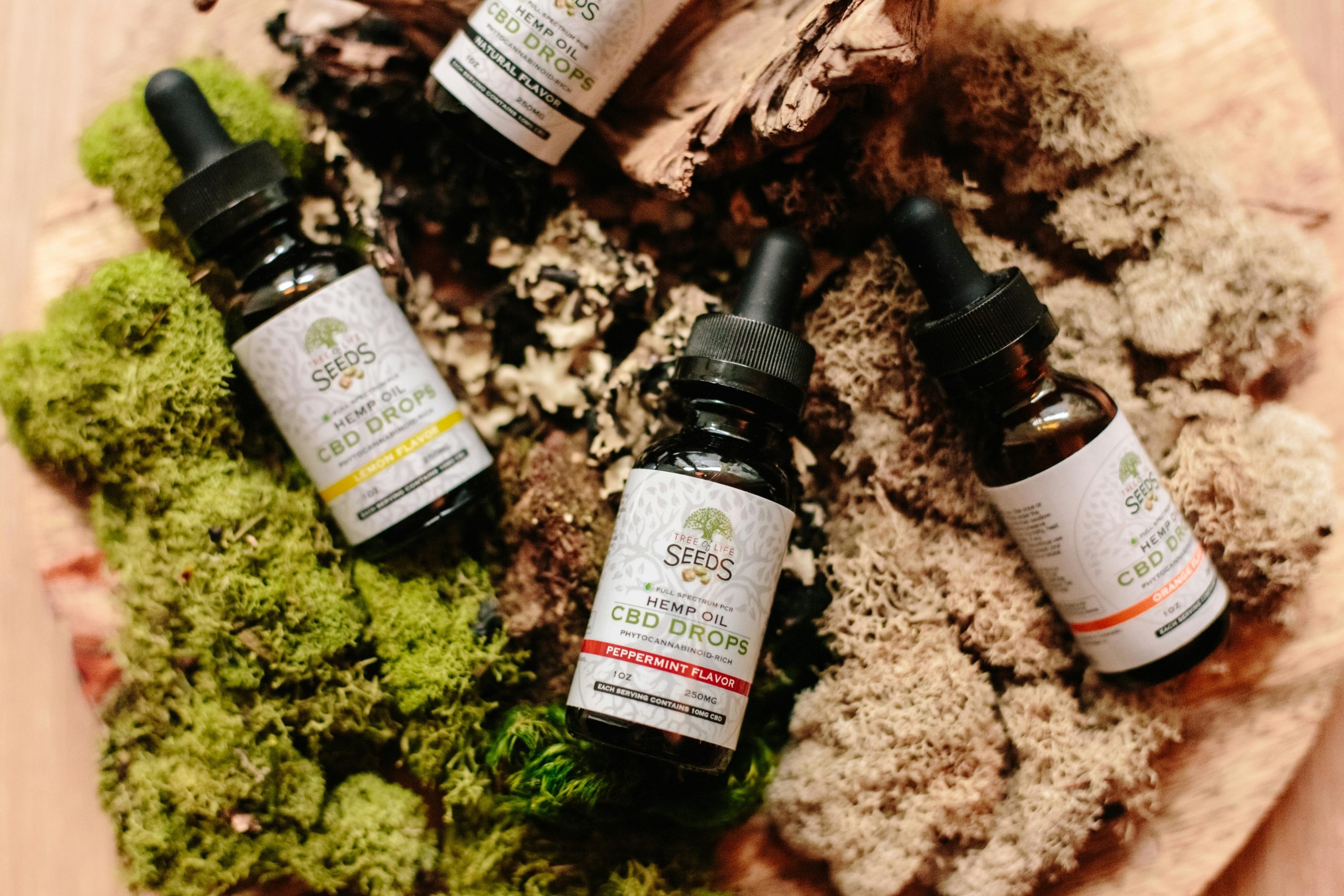As parents, we always want the best for our children, especially when it comes to their health. While modern medicine offers many solutions, natural herbs can be a gentle and effective way to support your child’s well-being. From boosting immunity to aiding digestion, certain herbs have been trusted for generations. However, not all herbs are safe for children, so it’s important to know which ones are beneficial and how to use them properly. Here’s a guide to safe and natural herbs that can help enhance your child’s health.
1. Chamomile: A Soothing Herb for Calm and Digestion
Chamomile is one of the safest and most versatile herbs for children. Known for its calming properties, it can help soothe fussy babies, ease anxiety, and promote better sleep. Additionally, chamomile supports digestive health by relieving gas, bloating, and mild stomach discomfort.
How to Use Chamomile Safely
- Tea: Brew a weak chamomile tea (using ½ teaspoon of dried flowers per cup of hot water) and let it cool before offering it to your child.
- Bath: Add chamomile tea bags to a warm bath to help relax your child before bedtime.
- Age Consideration: Suitable for infants (in small amounts) and older children.
Note: While chamomile is generally safe, children with ragweed allergies may react to it.
2. Elderberry: A Powerful Immune Booster
Elderberry is a well-known immune-supporting herb, rich in antioxidants and vitamins. Studies suggest it may help reduce the duration and severity of colds and flu, making it a great natural remedy for kids during cold season.
How to Use Elderberry Safely
- Syrup: Use a child-friendly elderberry syrup (available in health stores) following dosage instructions.
- Gummies: Elderberry gummies are a tasty option for kids who dislike liquid supplements.
- Age Consideration: Best for children over 1 year old; avoid raw berries as they can be toxic.
Note: Always consult a pediatrician before introducing elderberry to children with autoimmune conditions.
3. Ginger: A Natural Remedy for Nausea and Digestion
Ginger is a time-tested remedy for nausea, motion sickness, and digestive issues. Its anti-inflammatory properties can also help soothe sore throats and mild cold symptoms.
How to Use Ginger Safely
- Tea: Steep a small slice of fresh ginger in hot water, dilute with honey (for children over 1), and serve warm.
- Candied Ginger: Small pieces can help ease nausea in older children.
- Age Consideration: Safe for toddlers and older children in small amounts.
Note: Avoid excessive amounts, as ginger can be too strong for young children.
4. Peppermint: A Refreshing Herb for Digestion and Congestion
Peppermint is excellent for relieving indigestion, gas, and congestion. Its menthol content provides a cooling effect, which can help with stuffy noses and mild headaches.
How to Use Peppermint Safely
- Tea: A mild peppermint tea can aid digestion (use ¼ teaspoon of dried leaves per cup).
- Steam Inhalation: Add a drop of peppermint essential oil to a bowl of hot water (for older kids) to help clear nasal passages.
- Age Consideration: Best for children over 2 years old; avoid essential oil ingestion.
Note: Peppermint may cause heartburn in some children, so use sparingly.
5. Lemon Balm: A Gentle Relaxant for Stress and Sleep
Lemon balm is a mild, citrus-scented herb that helps reduce anxiety, improve sleep, and support focus. It’s particularly useful for children who struggle with restlessness or hyperactivity.
How to Use Lemon Balm Safely
- Tea: Steep fresh or dried leaves in hot water for a calming bedtime drink.
- Infused Honey: Mix lemon balm with honey (for children over 1) for a sweet, soothing remedy.
- Age Consideration: Safe for toddlers and older children.
Note: Lemon balm is generally well-tolerated, but start with small amounts to ensure no allergic reactions.
Conclusion
Natural herbs can be a wonderful addition to your child’s health routine when used safely and appropriately. Chamomile, elderberry, ginger, peppermint, and lemon balm are some of the best options for supporting immunity, digestion, relaxation, and overall well-being. Always introduce herbs gradually, monitor for reactions, and consult a pediatrician if you have any concerns. By incorporating these gentle remedies, you can help your child thrive naturally and holistically.


